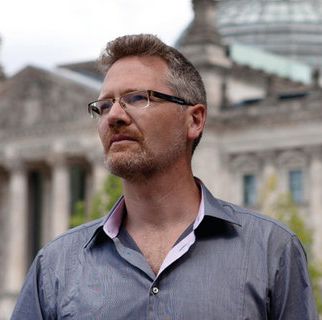Experts
Adam Tooze

Nonresident Scholar, Europe Program, Carnegie Europe
About
Adam Tooze is a nonresident scholar with the Europe Program and Carnegie Europe. Adam is also the Kathryn and Shelby Cullom Davis Professor of History and director of the European Institute at Columbia University. Prior to Columbia, he was the Barton M. Biggs Professor at Yale University.
He teaches and researches widely in the fields of twentieth-century and contemporary history. From a start in modern German history with a special focus on the history of economics and economic history, his interests have widened to take in a range of themes in political, intellectual, and military history across a canvass stretching from Europe to across the Atlantic.
Adam’s first book, Statistics and the German State: The Making of Modern Economic Knowledge, appeared in 2001. Wages of Destruction: The Making and Breaking of the Nazi Economy was published in 2006, and Deluge: The Great War and the Remaking of the Global Order 1916-1931 in 2014. His most recent book was Crashed: How a Decade of Financial Crises Changed the World (2018).
For these books, Adam won the Leverhulme Prize fellowship, the H-Soz-Kult Historisches Buch Prize, the Longman History Today Prize, the Wolfson Prize, and the LA Times History Prize. His books have been featured in the book of the year lists of the Financial Times, LA Times, Kirkus Review, Foreign Affairs, and the Economist.
He has written and reviewed for the Financial Times, the Guardian, the Sunday Telegraph, the TLS, the LRB, the New Left Review, the New Statesman, the Wall Street Journal, the New York Times, the New York Review of Books, Dissent, Die Zeit, Spiegel, TAZ, and the Sueddeutsche Zeitung.
Affiliations
Areas of Expertise
Education
PhD, London School of Economics, BA, King's College Cambridge
Languages
English, German